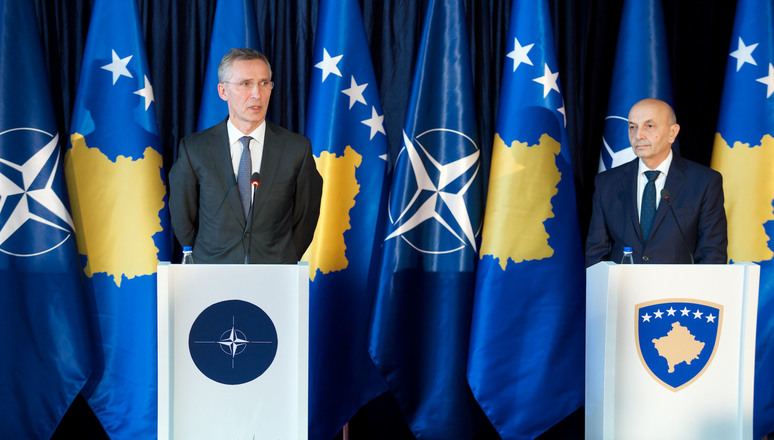nagoyasuzukiamerica.com – Kosovo, having declared independence in 2008, has set its sights on integration into the European Union (EU) and the North Atlantic Treaty Organization (NATO). These aspirations are driven by the desire for stability, economic prosperity, and security that membership in these organizations can provide.
The Path to EU Membership
Kosovo’s journey towards EU membership involves a series of steps and benchmarks known as the Stabilization and Association Process. This process includes:
- Stabilization and Association Agreement (SAA): Kosovo signed the SAA in 2015, which sets the foundation for political dialogue, economic integration, and legislative approximation with the EU.
- Reform Implementation: Kosovo must implement a wide range of reforms to align with EU standards, including judicial reform, the fight against corruption and organized crime, and the protection of minorities.
- Accession Negotiations: Once the reforms are satisfactorily implemented, Kosovo can begin accession negotiations with the EU, leading to full membership.
Challenges on the Road to EU Integration
Kosovo faces several challenges on its path to EU membership, including:
- Recognition by All EU Members: Not all EU member states recognize Kosovo’s independence, which complicates its integration process.
- Normalization of Relations with Serbia: The EU has made it clear that normalization of relations between Kosovo and Serbia is a key prerequisite for their respective EU bids.
- Economic and Institutional Reforms: Kosovo must continue to strengthen its economy and institutions to meet EU standards.
NATO Membership and Security
Kosovo has also expressed its desire to join NATO, seeking the security guarantees that membership provides. The country has made progress in this direction:
- Kosovo Force (KFOR): Since the end of the Kosovo War in 1999, KFOR, a NATO-led international peacekeeping force, has been present in Kosovo to ensure security and stability.
- Membership Action Plan (MAP): Kosovo is working towards meeting the criteria for NATO’s Membership Action Plan, which is a preparatory stage for full membership.
- Security Sector Reform: Kosovo is engaged in security sector reform to align its defense and security structures with NATO standards.
Regional Cooperation and Dialogue
Regional cooperation and dialogue are crucial for Kosovo’s integration into the EU and NATO. This includes:
- Bilateral Relations: Improving relations with neighboring countries, particularly Serbia, through dialogue and cooperation.
- Regional Initiatives: Participating in regional initiatives and agreements that promote stability and economic integration in the Balkans.
- EU Facilitation: The EU plays a significant role in facilitating dialogue and cooperation between Kosovo and its neighbors.
The Role of International Support
International support, particularly from the EU and NATO, is vital for Kosovo’s integration efforts. This support includes:
- Financial and Technical Assistance: Providing aid and expertise to help Kosovo implement necessary reforms.
- Political Support: Offering political backing for Kosovo’s integration aspirations and encouraging further progress.
- Security Cooperation: Enhancing security cooperation to ensure stability and prepare Kosovo for potential membership.
Conclusion
Kosovo’s future in the European Union and NATO is a testament to its commitment to peace, stability, and prosperity. While the path to membership is complex and fraught with challenges, the benefits of integration are clear. With continued reform, regional cooperation, and international support, Kosovo can look forward to a future as a valued member of these prestigious organizations.
